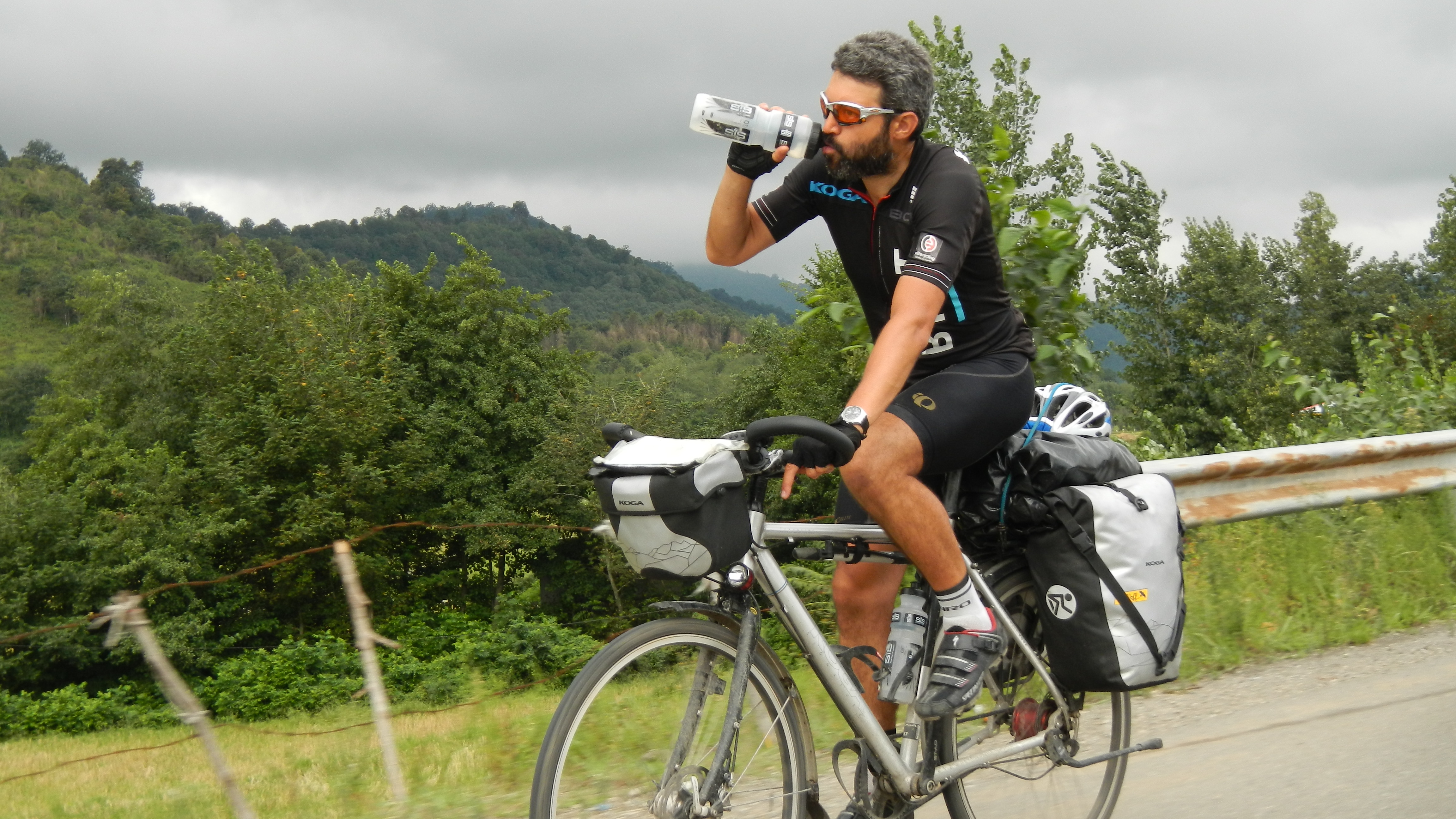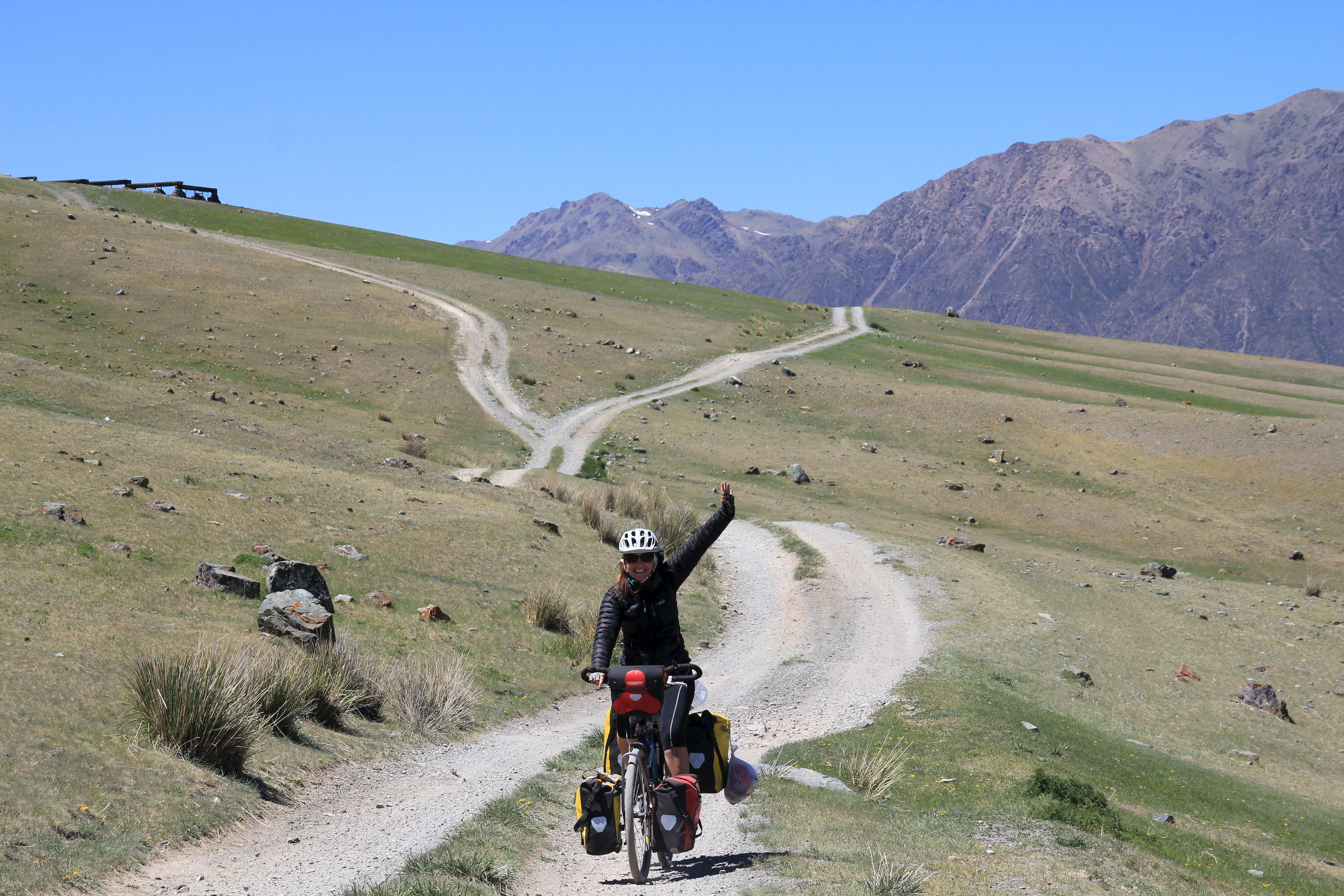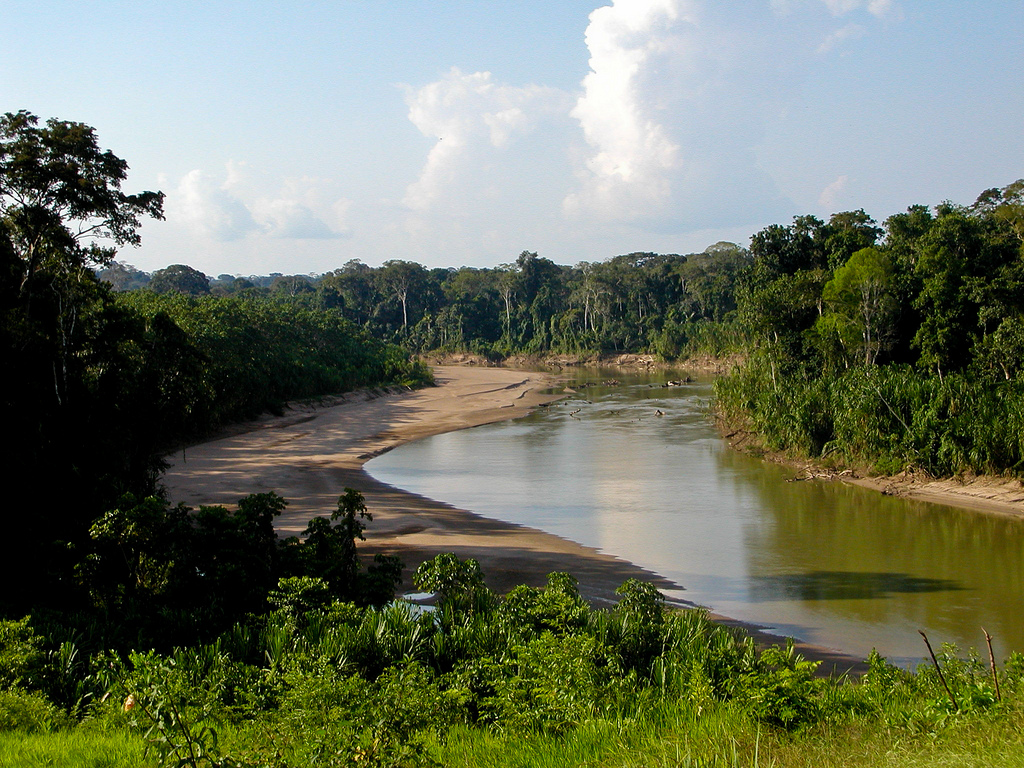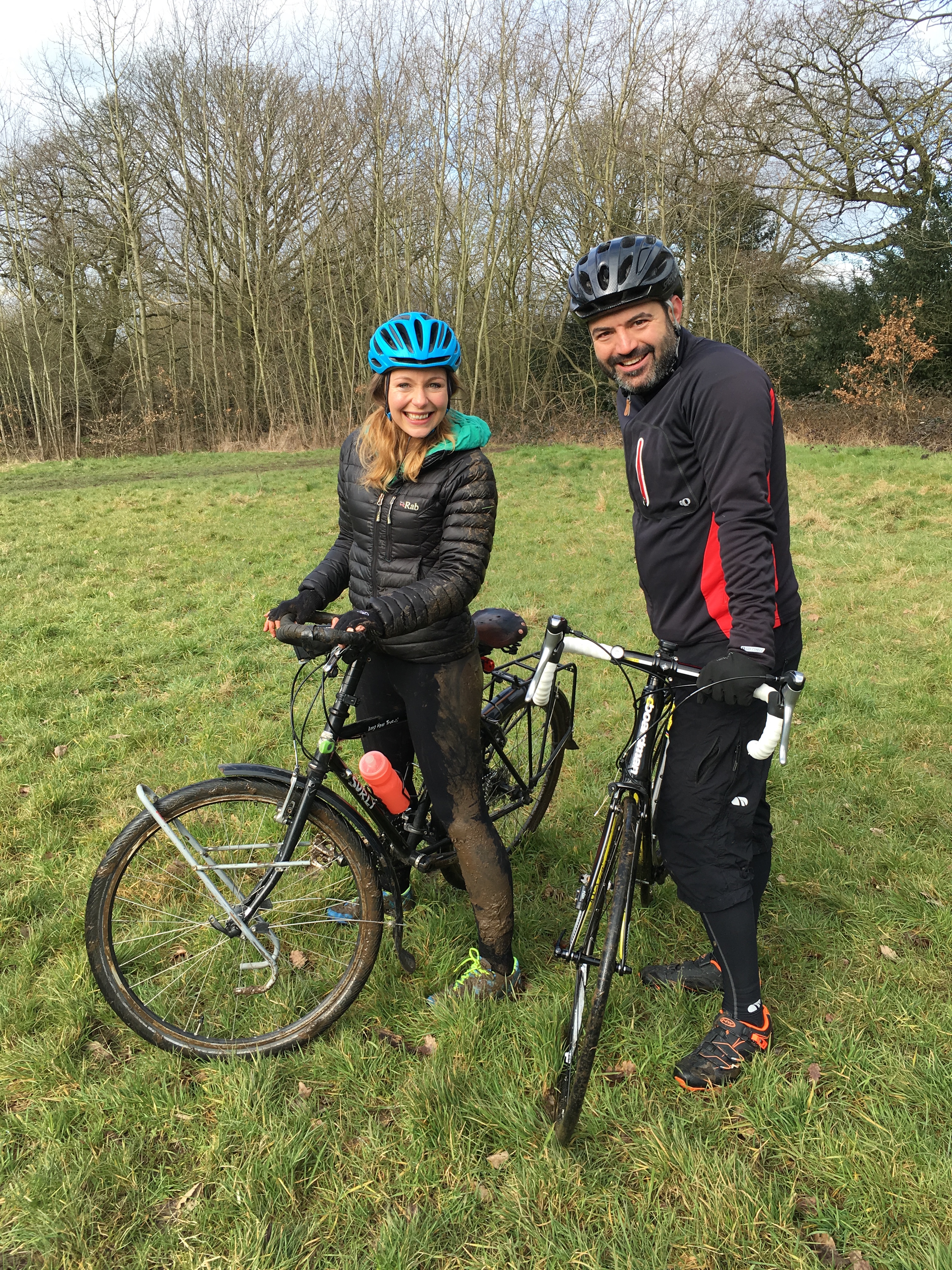Adventurer Reza Pakravan and journalist Phillippa Stewart plan to cycle the 4000km length of Brazil's Trans-Amazonian highway and document their journey to raise awareness on the environmental, cultural and economic degradation gripping the region.
It’s not often that we get to hear about long-distance cycling projects for a cause. Maybe its too much of a discomfort. For adventurer and long-distance cyclist Reza Pakravan, “Comfort kills ambition." That’s why after quitting his job as a Financial Analyst in London; Reza set out to create a Guinness World Record for the fastest crossing of the Sahara desert on cycle in March 2011. He achieved this feat in 13 days and 5 hours; he cycled from Algeria to Sudan (1,745km). Later in 2013, he set the world record for cycling from NordKapp (Norway) to Cape Town( South Africa). He pedaled 13 countries with a friend Steven Pawley and finished the 17,703km in 102 days. Both expeditions were aimed at raising money to build schools in Madagascar.

Now the world record holder is back with one more ambitious cycling project plan. This time, he plans to pedal the entire length of the Trans-Amazonian highway (4000+ kms). He is doing it with Phillippa Stewart (also known as Pip), a multimedia journalist based in the UK. She has cycled from Kuala Lumpur, Malaysia to London, UK (15,750kms) in 2014 with her partner Charlie Hoare to raise money for the mental health charity SANE. Her work on this expedition would be to report and update the world about their journey on-the-go.
The Outdoor Journal talked to Reza and Pip about their forthcoming journey.
What made you choose Transamazonica and why this route (Belem - Manoel Urbano - Pucalpa - Lima)?
Pip: Why Transamazonica? Well, Reza is fascinated by roads less traveled – I guess you have to be if you have world records for cycling across the world! I'm always keen for an adventure and meeting new people so this seemed like an interesting trip to take on. We're choosing to cycle the Trans-Amazonian highway because it cuts right through the heart of the forest and will give us the greatest access to the perils that face the Amazon – environmental destruction, economic degradation and cultural dissolution.
Tell us more about this expedition. Give us the nitty gritty stuff like how long will this expedition be, your nutrition arrangement, your choice of bikes, how much weight are you guys carrying, what's your target kilometer coverage per day etc.
Reza: We are planning to start at the beginning of September, straight after the rainy season and it will take us six to eight weeks to get through the Amazon basin. Logistical planning for a trip like this is a major job. For example, we want to enter Peru from Brazil using the Purus River, however it’s so difficult to find information about the border facility in that remote part of the world. It's not a border that is been frequently used. Things like getting food and supplies and finding spares is equally challenging. There is lots of preparation to consider.

We are using touring bikes that are purpose built for it. We will carry all of our equipment with us on the bike so that we are self-sufficient. We will be carrying about 30kg each – spread over the front and back panniers.
It's hard to tell how many kilometers we can do per day. If we get to a stretch of land with loads of stories then we will take our time to make sure we cover them. However, when we are in parts where there are no stories or interactions with the local community, then we will be pressing hard to get through.
We see you may face many challenges and dangers enroute like no roads, slush, deep forests, illegal traders/miners with guns, etc and you will have to document all this. How are you prepared to deal with such situations?
Pip: Firstly, it's worth pointing out that on our travels, we've found 99% of the people in the world to be amazing, hospitable and warm. If you consistently focus on that 1%, you'll never get out and experience anything! However, you do have to take the risks seriously, and plan for them. We will be seeking out local knowledge and expertise and approaching situations sensitively – we won't be deliberately trying to annoy anyone by shoving cameras in their faces.
From my last trip – cycling 15,500km from Malaysia to London – I found the things you might think are "physical" challenges such as negotiating poor road conditions, etc. are actually mental challenges. Part of trips like this is getting yourself in the right head space. I'm also a trained meditation teacher, so it might come in handy if Reza and I start getting stressed on the trip. However, it's also important to document the days when you feel like crap, your leg hurts, and you're wondering why the hell you're doing this – so no doubt it should make for interesting viewing.
How will this expedition help in making a difference in the lives of local communities/tribes you'll encounter en route? What's the role of the NGO (Upper Amazon Conservancy) in it?
Pip: We definitely hope the trip will raise awareness of the fragility of the "lungs of the planet" both from an environmental and cultural perspective. The Upper Amazon Conservancy does great work in the Alto Purus region to protect the environment and the uncontacted tribes as their way of life is on the brink of obliteration. Alto Purus remains one of the most untouched places in the world, however this might not last forever as the region is under threat by loggers and road building. Originally Reza got in touch with them to find out more and as a result, they've offered us unprecedented access to this secluded pocked of the Peruvian Amazon.

However, there are so many complicated issues in the area – from illegal logging to damming. Given that, livelihoods and the environment often come into direct conflict in the Amazon the solution to solving the problems are not easy. We want to shine a light on them and encourage discussion about how to save one of the most valuable resources to the planet.
You must have done a lot of research in the planning of this expedition. How do you think it will change you?
Pip: That's the joy of these sorts of trips – you never know. After my cycle from Malaysia to London, I came away with a renewed sense of marvel about the people in this world and an innate confidence in myself to overcome things I thought I couldn't do – you are capable of more than you think. I'm hoping I'll come away with similar learning from this trip.

Follow their journey on Twitter: @RezaPakravan and @PStewart
Images © Reza Pakravan and Phillipa Stewart













